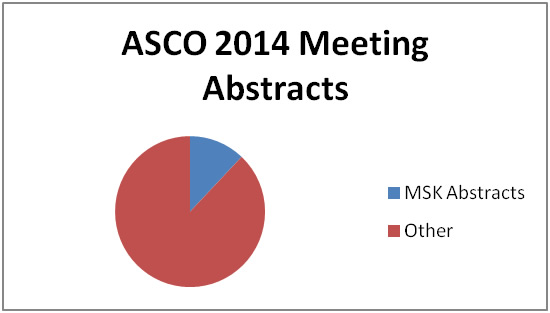Here are a few highlights of cancer research news that have recently caught my attention:
- Researchers at Vanderbilt University have identified three genetic changes linked to an increase in breast cancer in East Asian women. Findings are reported in Nature Genetics.
- Scientists at the Salk Institute have discovered a gene that stops the spread of cancer from the lungs to other areas in the body. Their findings are detailed in the journal Molecular Cell.
- A new combination of drugs has been shown to control tumor growth and metastasis in mice according to a study by investigators at UC Davis, University of Massachusetts and Harvard Medical School.
- A team of geneticists from the University of Geneva have published their findings on the non-coding genome of cancer patients. The results are found in Nature.
- Research conducted at the Florida campus of The Scripps Research Institute (TSRI) has shown links between a set of genes known to promote tumor growth and mucoepidermoid carcinoma, an oral cancer that affects the salivary glands. More on this discovery can be found in PNAS.
- How about a “universal” blood test for cancer? Researchers at the University of Bradford have developed a test that can be used to diagnose cancer. Early results are providing a high degree of accuracy. Go to FASEB Journal to find out more about this study.
Please feel free to contact Marisol Hernandez to share any comments.
